
Educating Australia on Indigenous Voice
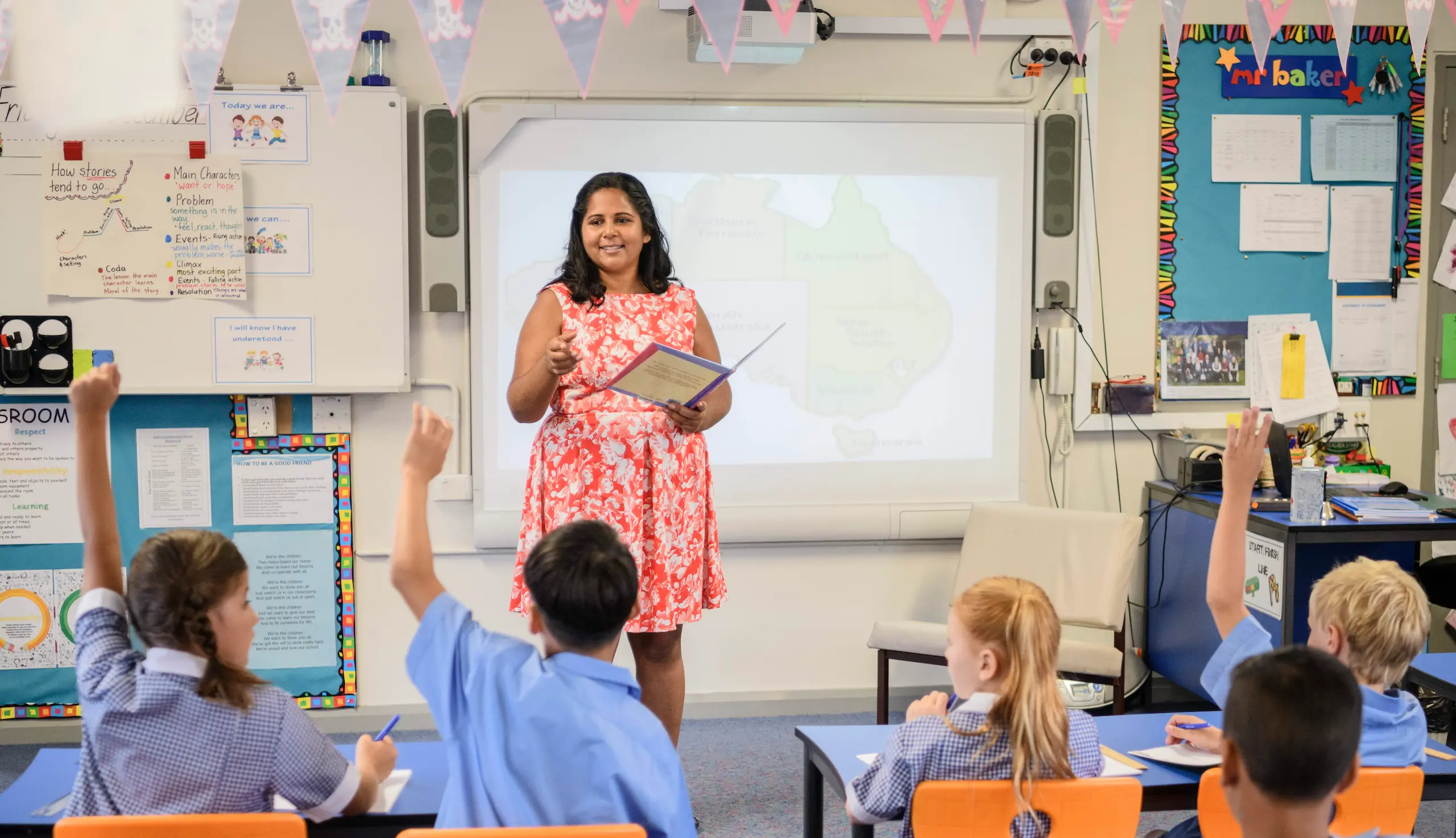
The failure of Australia’s formal education to produce an informed electorate that understands the need for an Indigenous Voice to parliament highlights our lack of an inclusive curriculum
Published 3 July 2023
WARNING: Aboriginal and Torres Strait Islander people should be aware that this website may contain images and names of deceased persons.
This year is a particularly important one for all Australians who are eligible to cast a vote.
The coming referendum to determine whether there should be an Indigenous Voice to Parliament has the potential to redefine how Australian democracy operates; and improve it in ways that will reshape how we understand both the proper operations of national politics and ourselves and our national identity, culture and values.
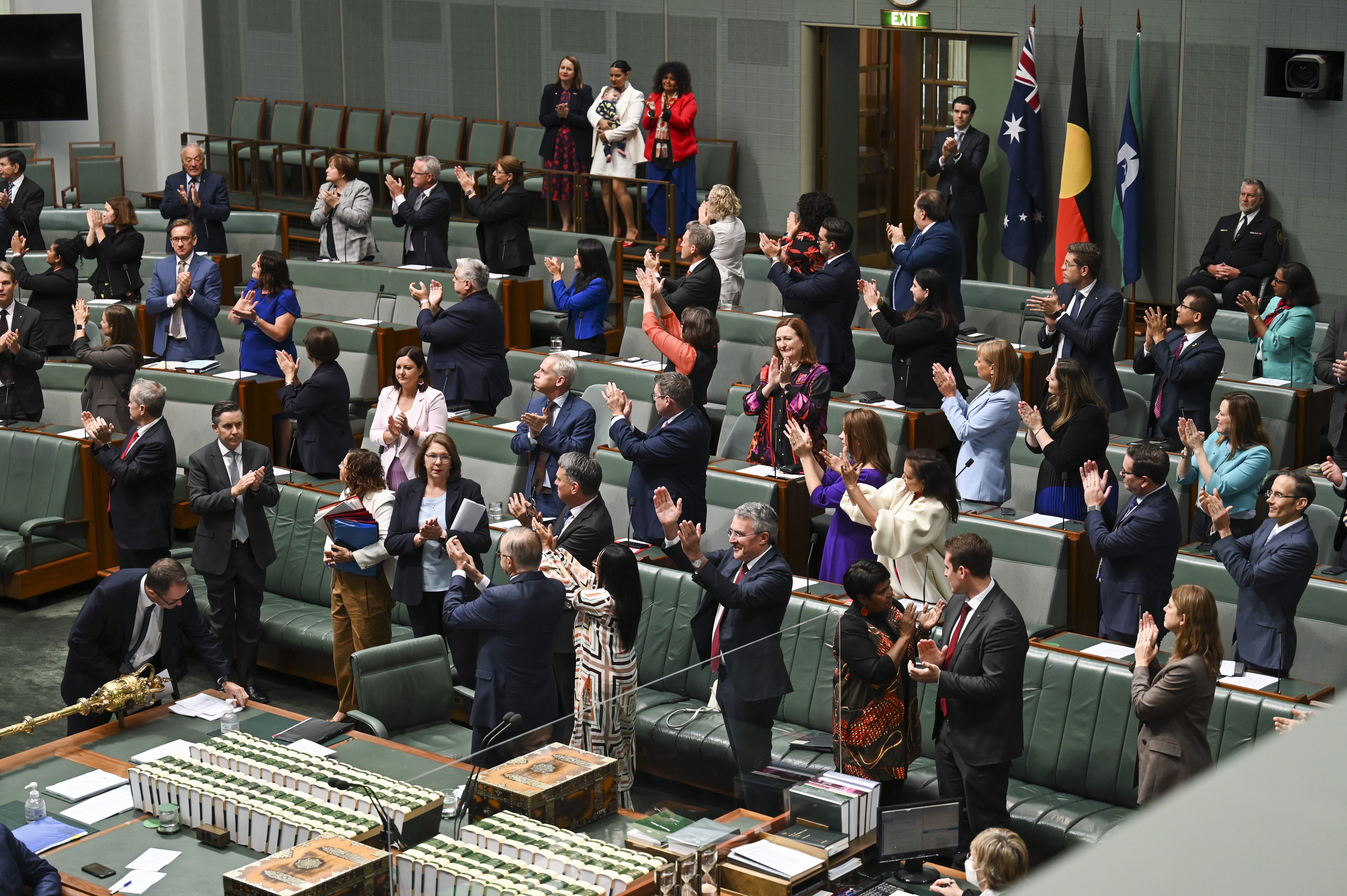
The Australian Constitution adopted in 1901 deliberately excluded Aboriginal peoples and Torres Strait Islanders from it and therefore continues to exist as a dishonourable document. Racial exclusion continues to be the foundation on which contemporary Australian politics rests.
It is a rotten foundation.
It is my view that a successful referendum to recognise the place of Aboriginal peoples and Torres Strait Islanders in the Australian Constitution will transform the document to one that is honourable, just and fit for purpose.

In 1967, a previous generation of Australian voters were able to recognise constitutional flaws that made Australia unequal in its treatment of citizens.
Today we and our generation have a great opportunity to vote yes to constitutional recognition and an Indigenous Voice to parliament, political changes that have the great potential to not only recognise the rightful place of Aboriginal and Torres strait Islander peoples in Australian society, but to reshape that society in ways that create a more just and more equal Australia for the future.
Our generation has a great opportunity to change the future for the better and improve the lives of our children and grandchildren, who will understand themselves in the world as Australians.
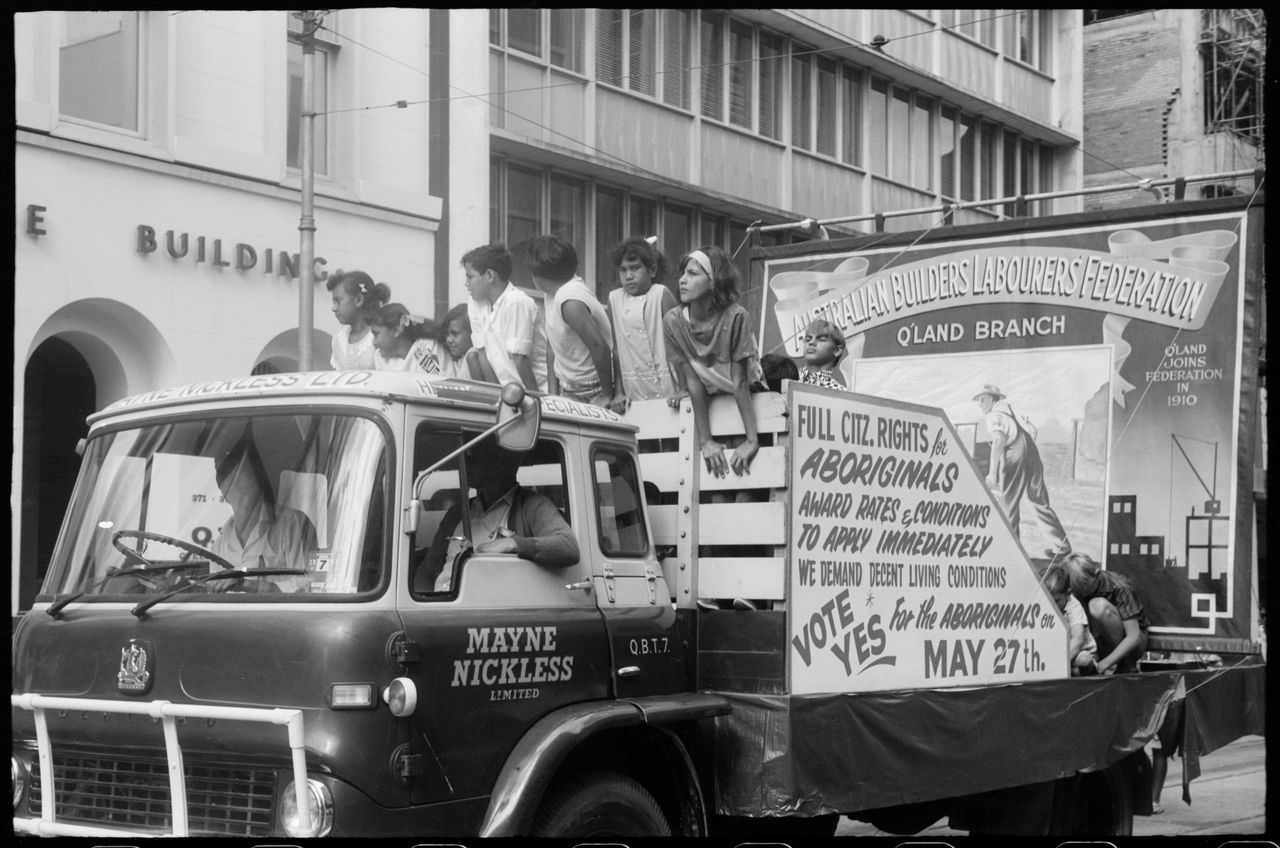
I hope that that means a future Australia in which Indigenous people are viewed as equals; where their thoughts and opinions are taken seriously; where their religious practices and beliefs are protected by laws; and where it becomes a viable and realistic aspiration for Indigenous children to become doctors, lawyers, teachers, deans, vice chancellors, members of parliament, CEOs of Australian global mining companies and Prime Ministers of Australia and so on.
I also hope that it is an Australian future where Indigenous children born today have opportunity to live lives that are as meaningful, rich, productive, fun and as long as those presently enjoyed by many non-Indigenous Australians.

Health & Medicine
Let it be clear, I strongly support The Voice
The great opportunity the forthcoming referendum offers us in changing the future of Australia also comes with great responsibility.
Whether or not constitutional recognition of Aboriginal peoples and Torres Strait Islanders is achieved through the mechanism of an Indigenous voice to parliament will be up to the Australian people to decide.
Compulsory voting in Australia means that all eligible voters are required to make a decision about these questions.
In a democracy, such as ours, we must trust that all who will vote are well-informed and have an adequate understanding of the issues that they are being asked to determine through the referendum process.
This means that those who vote are assumed to possess adequate background knowledge about why this referendum question is being put to them, information that will enable each and every voter to make an informed decision about either voting yes or voting no.
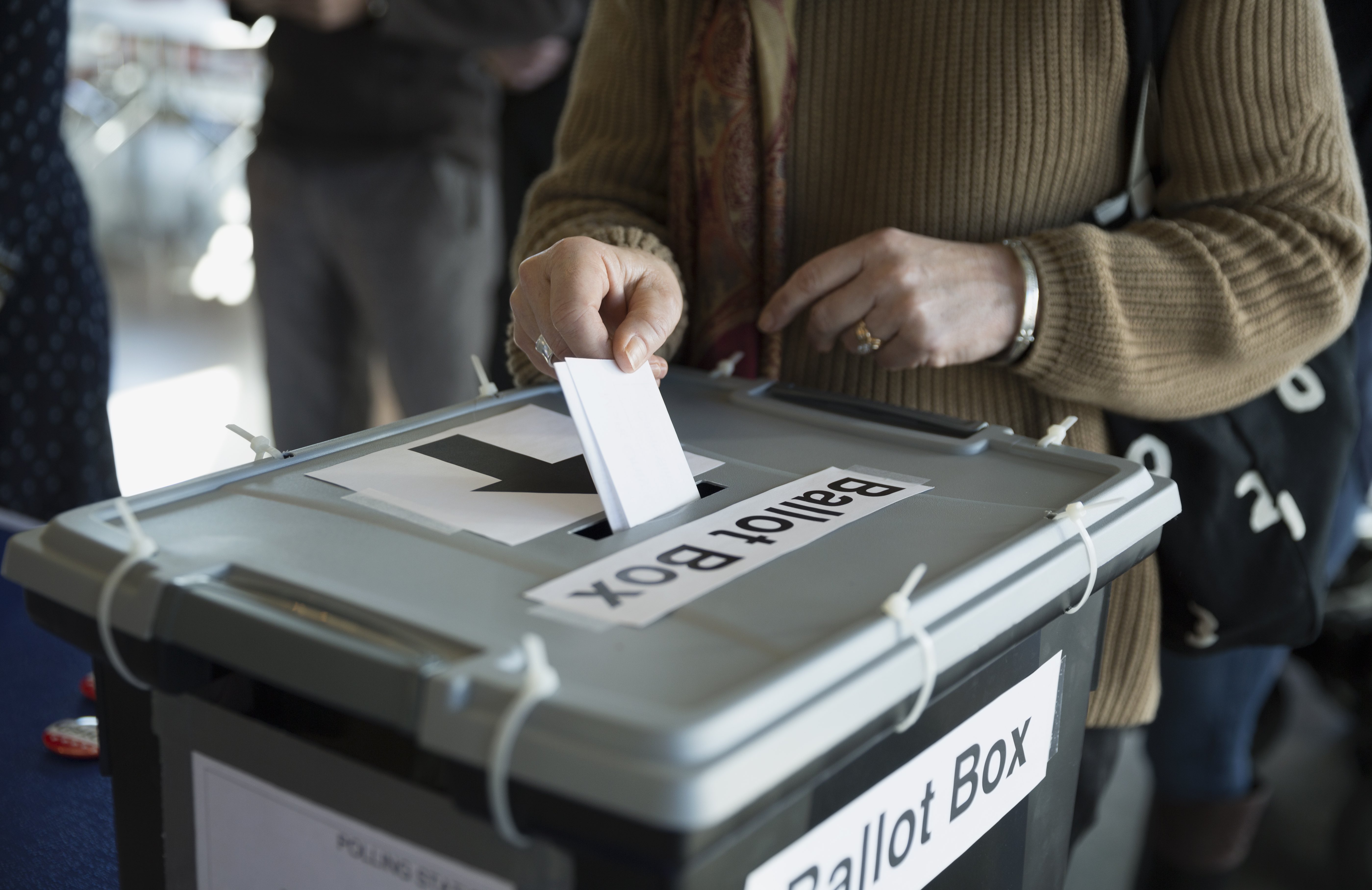
Such assumptions rely on a functional system of formal education that is well rounded and supports a strong civic education agenda.
But I have doubts that this is the case in present-day Australia.
Australians overwhelmingly continue to not know Indigenous Australia and have little or no understanding of the history that sits behind the referendum question that they will be asked to determine.

Politics & Society
Don’t twist the aim of The Voice for political gain
To what extent has formal education in Australia helped give voice to Indigenous peoples by enabling non-Indigenous Australians to be told of their own colonial histories, in a way that allows them to start to know Aboriginal peoples and Torres Strait Islanders.
This is based in my lived experience as an Australian who possesses an Aboriginal heritage as well as a British one and Asian one and who for the past 23 years has taught undergraduate students Indigenous studies within the Australian higher education sector.
I do claim to know through personal experience something about Australia’s formal education system and its role and relationship to Indigenous people’s issues and agendas, as well as its effectiveness to teach and inform non-Indigenous Australians about the place, past and present, that Indigenous peoples hold in Australian society.
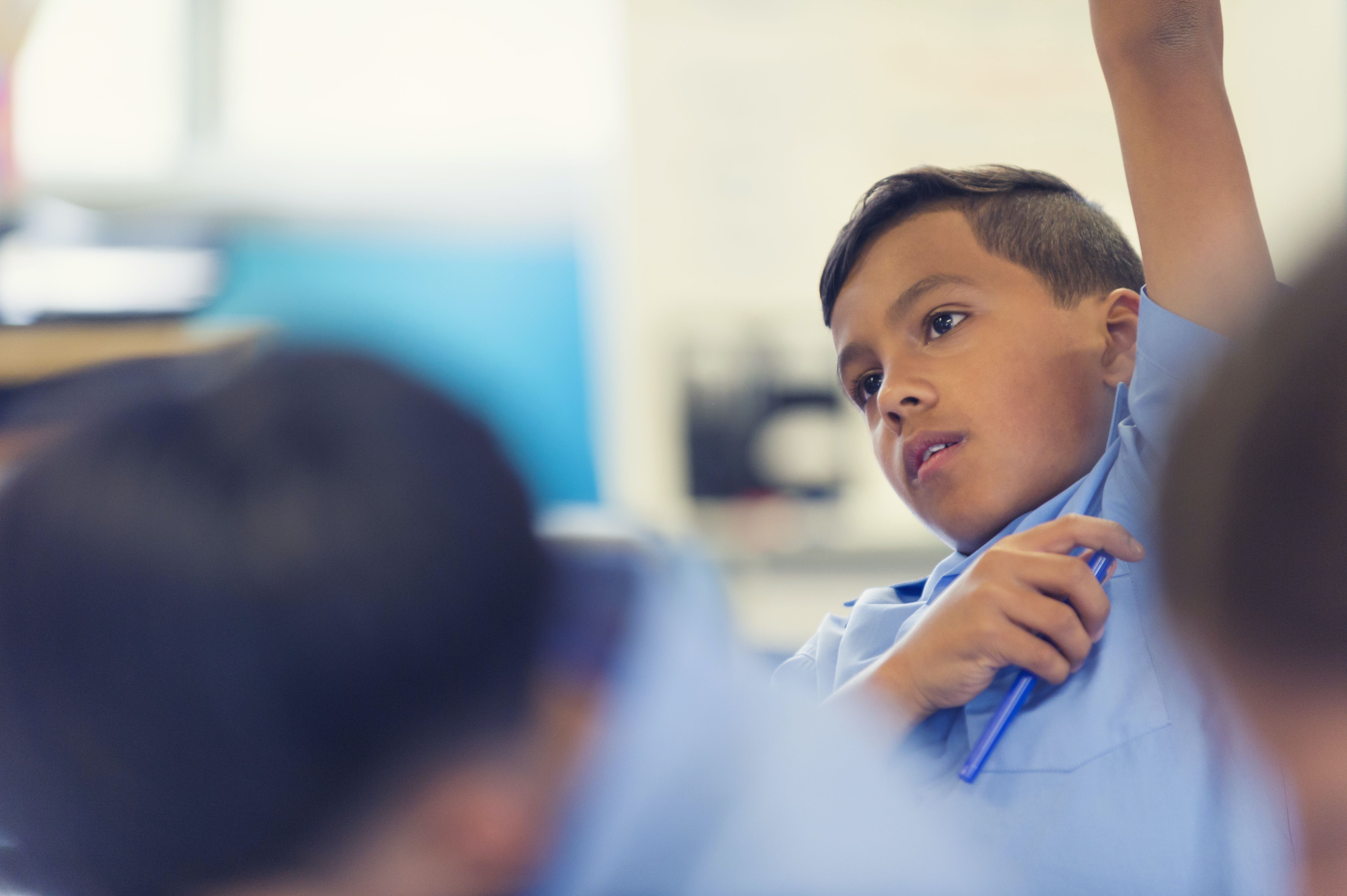
This knowledge started many years ago when I attended primary school in the regional Victorian city of Ballarat.
What is most memorable from my primary school days is not the blatant racism experienced in the schoolyard. It is the more subtle forms of racism, exclusion and marginalisation that I suffered at the hands of my teachers and the curriculum they imposed on me.
I was either in grade three or four and had started to learn about the history of Australia.

Politics & Society
Australia’s constitutional answer to structural racism
I had just returned from a family holiday to central Australia where I had visited with my Aboriginal grandmother and other members of my family at a place called Maryvale station – now known as the Aboriginal community of Titjikala.
My memories of this, my first visit to central Australia, remain vivid. My grandmother and other Aboriginal people who lived at the station did so in very small fibro and tin houses.
These houses did not have heating or cooling and to me looked like outbuildings of the farm my white grandfather had in central western Victoria.
These experiences must have been fresh in my mind when, during an Australian history lesson I felt compelled to challenge my teacher, and his assertion that Captain Cook had discovered Australia in the 18th century, and that this act of discovery, was the start of everything in Australia.

I raised my hand and outlined the reasons why this could not be true.
I explained to my teacher and fellow students that I had just come back from the Northern Territory and that my family there had told me they’ve been there since the beginning of time – long before white fellas had arrived on their country.
My teacher responded by ridiculing me and sending me to stand outside the classroom.

In asking this question and providing a different perspective about the human origins of Australia I had become a troublemaker and a nuisance to be disciplined appropriately.
This experience became the defining moment in my formal education journey.
After this learning experience I became quiet in class. I did only what I had to. I never asked questions, I tried to hide up the back of the room and lay as low as possible. I guess he’d say I became disengaged from formal education to some degree.
I survived by becoming invisible to the system.
Despite my bleak experience of formal education, the institutions of school and university continued to hold the promise of life-changing uplift and transformation through the gift of learning.
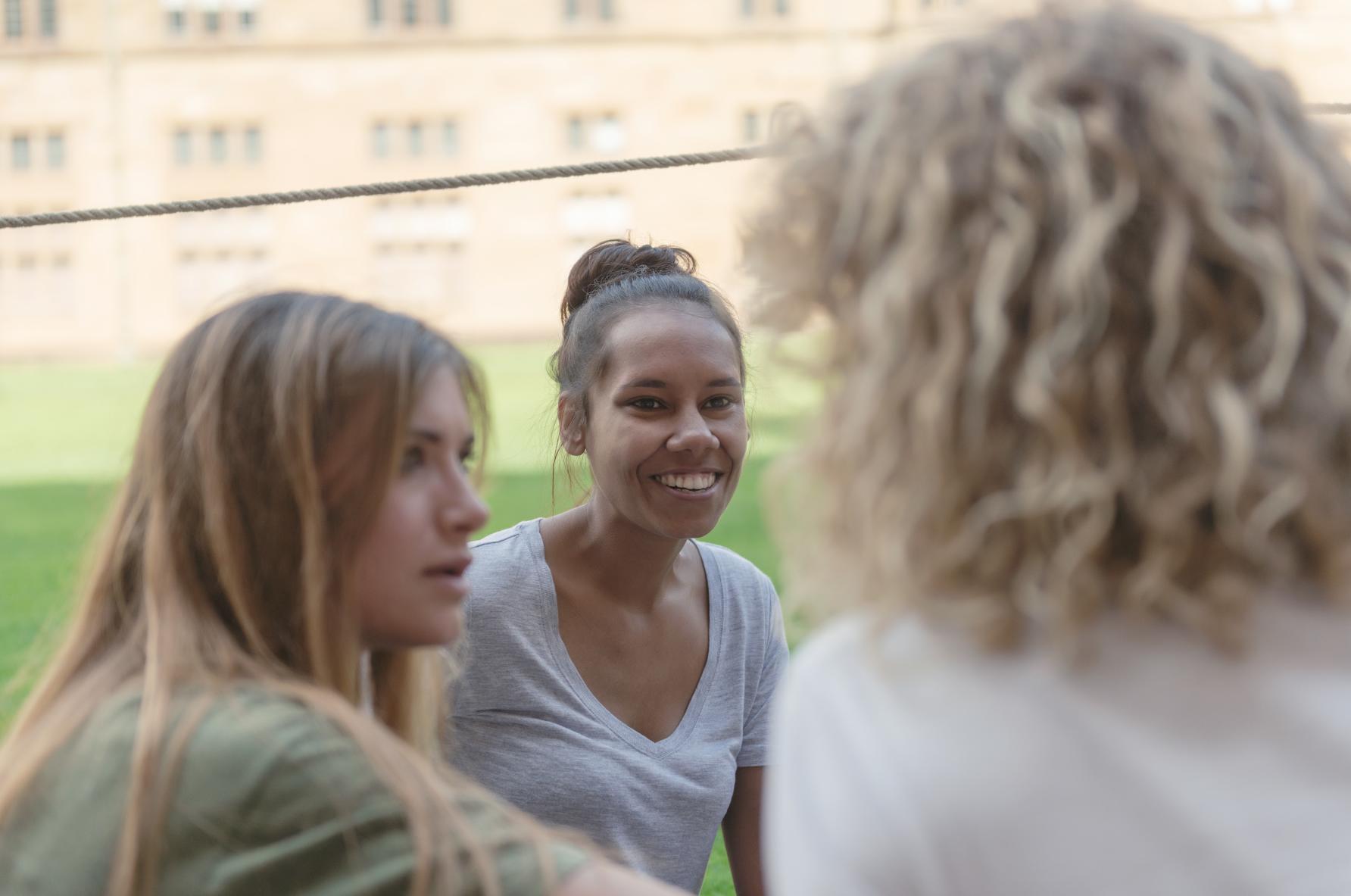
Fortunately, there were those who saw me and who wanted to hear my voice, and my point of view.
My experience articulates just one view of Australian formal education and, as such, it does not necessarily speak to the experience of others.
However, research by educational specialists does show that formal education experienced by Indigenous people in Australia remains less than ideal.

Politics & Society
Is Our Story respected and valued?
Current Closing the Gap data suggests that formal education is continuing to fail Indigenous learners. The headline numbers tell us that the targets are not being met. That Indigenous people continue to be less than full and active participants in formal education is a major problem for Australia and for the future of Australian education.
The continued absence of Indigenous people in Australia’s formal education system makes it more difficult for non-Indigenous Australians to get to know who we are.
However, the silences that continue to exist within the curricula of Australia’s formal education systems about Indigenous people and their place in the Australian past, present and future is also a problem for non-Indigenous Australia as they remain largely ignorant about their own country and the antiquity of human occupation on this continent we all now call home.
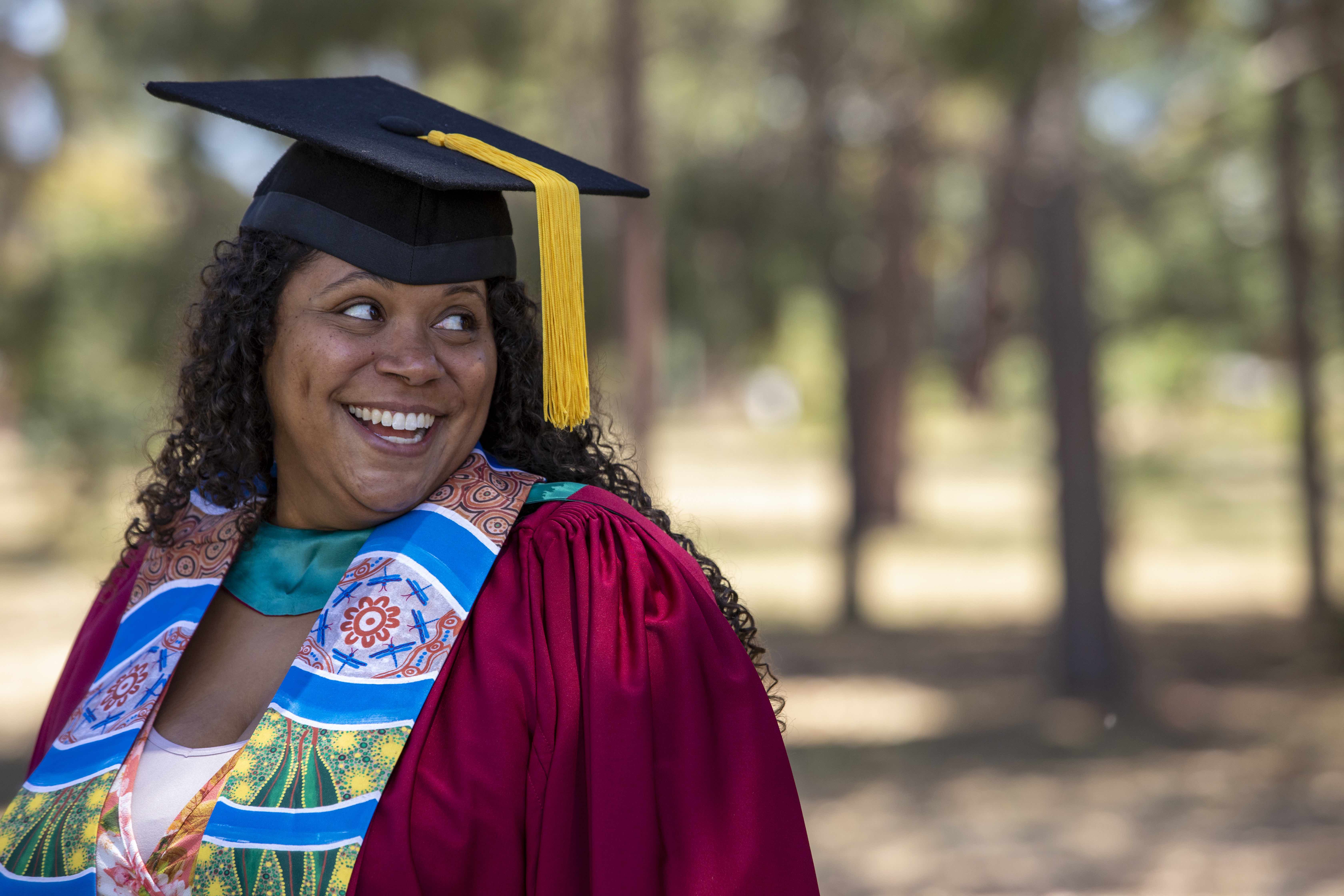
In my view, the invisibility and uncomfortableness that Indigenous people continue to experience in Australia’s formal systems of education and the lack of knowledge and unknowing non-Indigenous learners continue to experience in respect to knowing Indigenous Australia exist as two sides of the same problem.
These are problems that have solutions.
The lack of positive change in Australian formal education does not rest exclusively with education systems and those who work in them, but with a lack of political will at the highest levels of Australian government.

Health & Medicine
True reconciliation or just history repeating?
This lack of political will brings me back to the upcoming referendum and the concern that non-Indigenous people do not know Indigenous Australia.
That such a situation persists in 2023 is unfortunate given previous commitments of Australian government to harness formal education systems to advance the cause of national reconciliation.
While the Voice referendum may well fail due in large part to the failure of Australian formal education to produce an informed electorate, I continue to have faith that regardless of the outcome, the way we do formal education in Australia can change if enough teachers and educators, parents and students commit to making change happen.
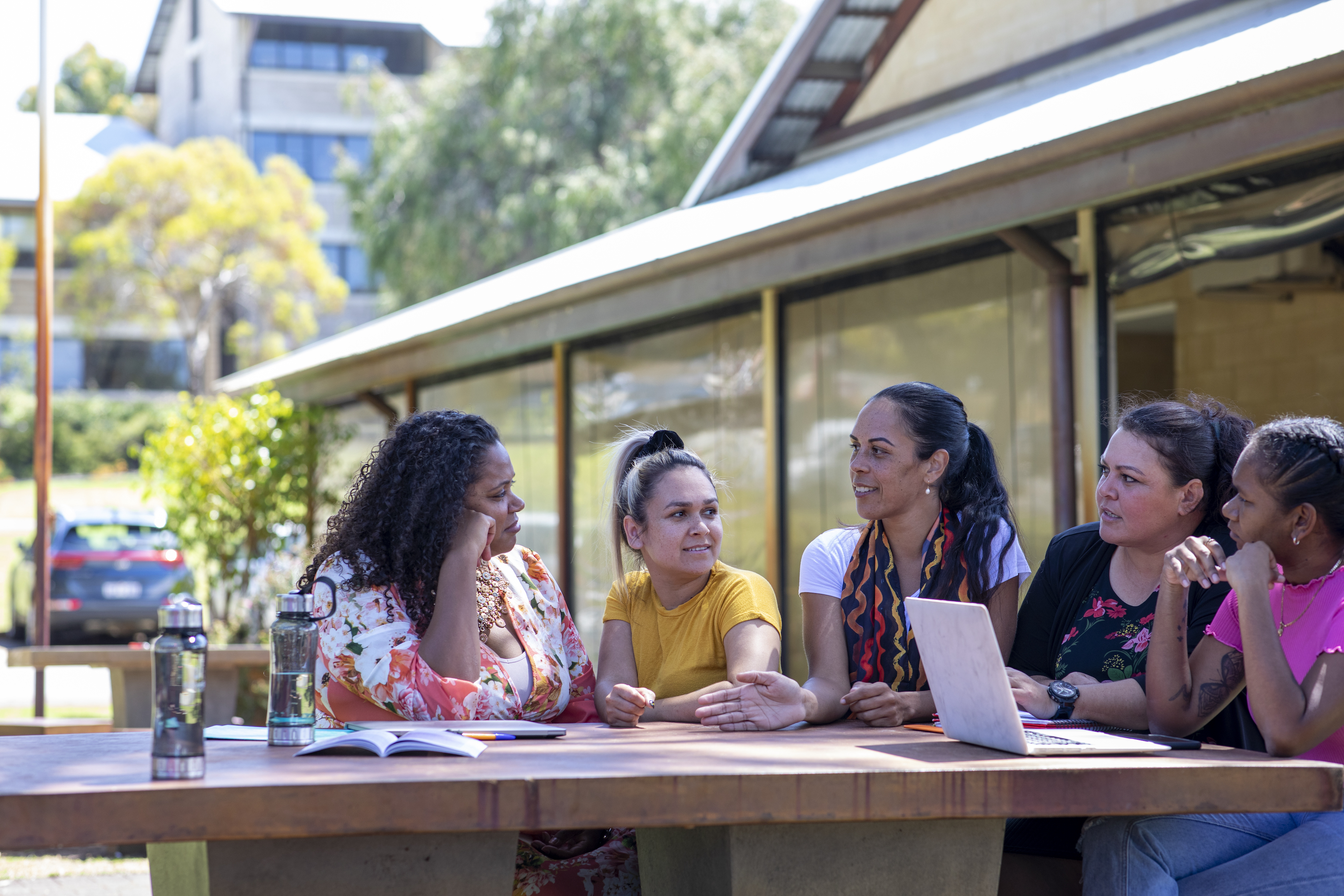
If we agree that education and learning should be based in truth, then the rationale for why such change is required is self-evident to make formal education a help and not a hinderance to Indigenous people’s ability to have a voice.
This is an edited extract of Professor Barry Judd’s Melbourne Graduate School of Education Dean’s Lecture, a series commemorating the lives and contributions of past prominent leaders in education.
Professor Judd acknowledges unceded territory of the Woiwurrung Wurundjeri people, paying respects to their elders past present and future, and acknowledge the other Indigenous peoples on whose land we work and live throughout Australia.
Banner: Getty Images
